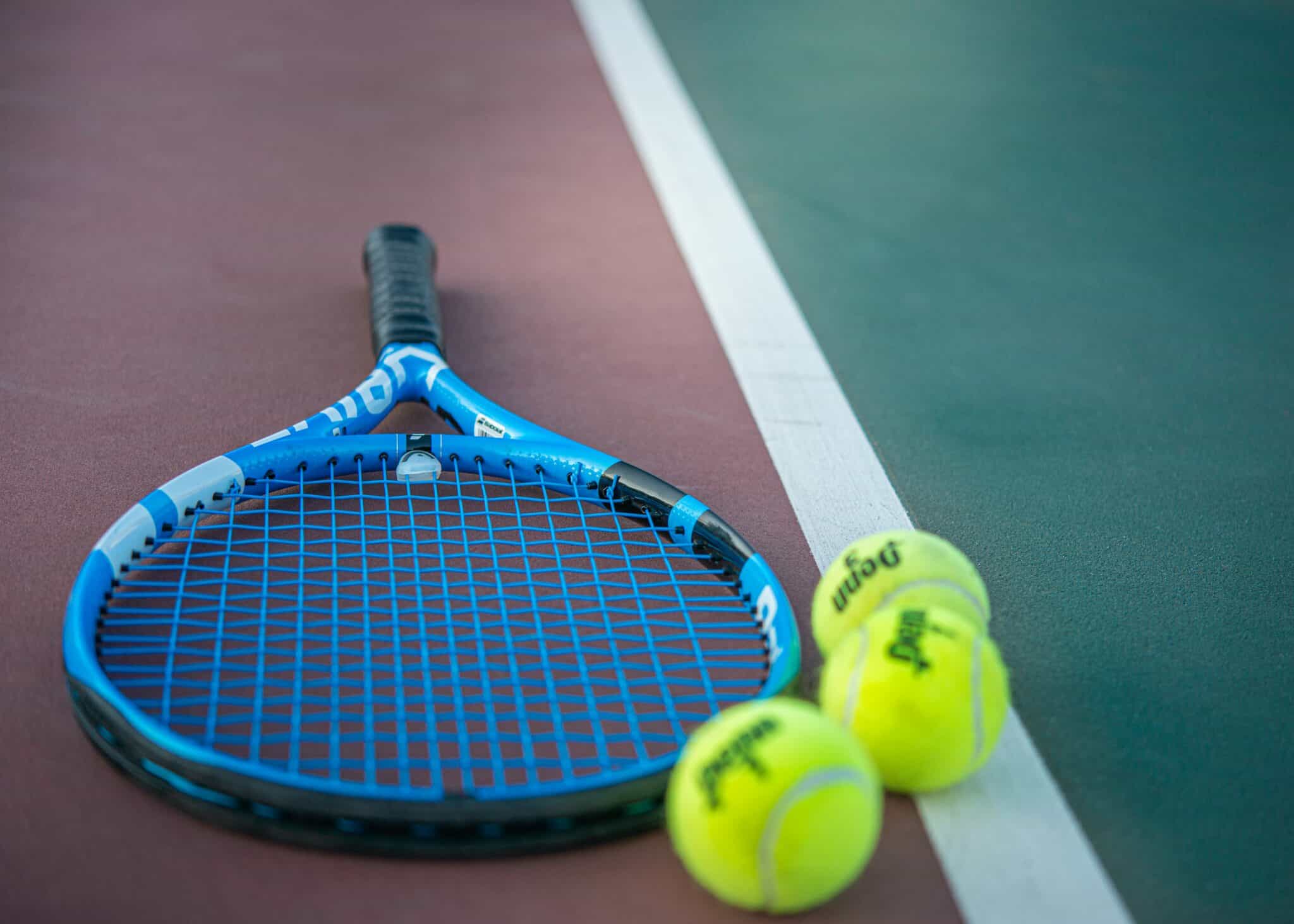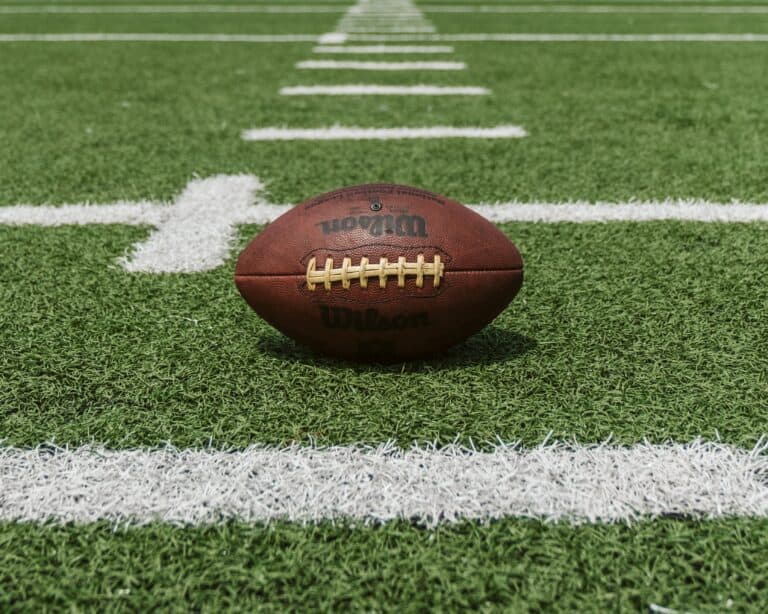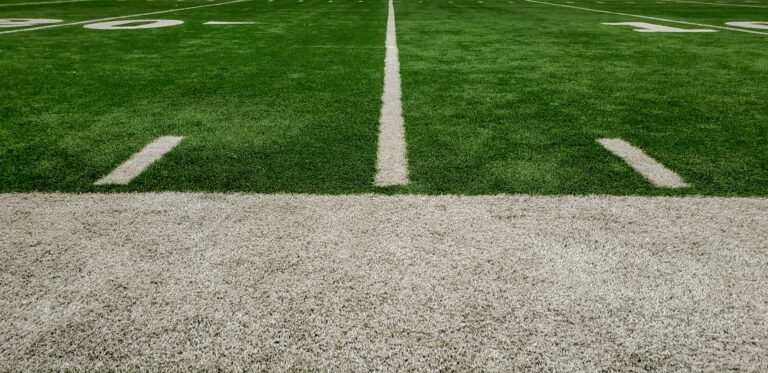
Alex Blutman is a student at Harvard Law School and a member of the Labor and Employment Lab.
A little less than a year after its introduction at last year’s U.S. Open, the Professional Tennis Players Association recently announced the appointment of an executive director and advisory board, as the fledgling union effort seeks to make headway in mobilizing athletes of one of the world’s most popular sports. Tennis, a global sport with a long, sporadic schedule and stark inequality among players, is difficult to organize, as top players earn lavishly while lower-ranked players struggle merely to afford to compete. While the PTPA has earned the support of the National Basketball and Major League Baseball Players Associations, the group, co-founded by the top-ranked Novak Djokovic, has failed to attract the approval of the other two of the sport’s “big three,” Roger Federer and Rafael Nadal, who instead continue to support the ATP tour, which jointly represents players and tournament owners. The WTA, which runs the women’s tour, operates similarly. Although the PTPA was slow in its outreach to female players, the group says it wants to represent members of both tours, and Djokovic has said that he has been in discussions with top female players, including Serena Williams, about the association.
On June 21, Las Vegas Raiders defensive end Carl Nassib became the first active NFL player to come out as gay and just the second in the history of the four major North American sports leagues as an active player, joining NBA veteran Jason Collins who came out in 2013. In an Instagram video post, Nassib also pledged a $100,000 donation to the Trevor Project, which provides crisis intervention and suicide prevention services to the LGBTQ+ community. The response has been overwhelmingly positive, as Nassib’s jersey became the top-selling item across the NFL in the 24 hours following his post. Advocates are optimistic that Nassib’s announcement and the popular reaction to it may signal a shift in what has long been a hostile culture in professional sports, especially men’s sports, for gay athletes. The number of publicly out athletes in professional women’s sports outpaces that of men’s leagues, where the hope is that declarations like Nassib’s will help erode the homophobic attitudes that have long been pervasive. Just two days after Nassib’s announcement, Japanese soccer star Kumi Yokoyama, who plays in the National Women’s Soccer League in the United States, said they are transgender, further directing a spotlight on sexual and gender diversity and awareness in professional sports.
Just weeks after senators Joe Manchin and Maria Cantwell introduced a bill to prohibit the appropriation of federal funds for the 2026 World Cup until the U.S. men’s and women’s national soccer teams receive equal pay, a group of Democratic female members of Congress introduced legislation that takes the equal pay fight a step further. The Even Playing Field Act would guarantee equal pay among U.S. national team athletes regardless of gender in any sport by amending the statutory requirements for the U.S. Olympic Committee and amateur sports’ national governing bodies. Unsurprisingly, the lawmakers’ statements in support of the law focused on the U.S. Women’s National Soccer Team, whose high-profile crusade for equal pay, including ongoing litigation against the U.S. Soccer Federation, is detailed in a new documentary on HBO. In response to the film’s release, U.S. Soccer posted a 17-message Twitter thread, complaining that the film includes a “concerning level of dishonesty” and “a misleading and inaccurate account of the facts.” The Federation reiterated the arguments that won them partial summary judgment on the pay equity claims, including the contention that the pay disparities are the result of different compensation models negotiated and agreed to by separate unions representing the men’s and women’s teams. The players’ attorney, Jeffrey Kessler, pushed back in a statement to ESPN, saying the “USSF, regrettably, continues to try to rewrite the past, making up a narrative that it has offered an equal rate of pay to the world champion women players, but it has not.”
On June 28, the Boston Celtics hired Brooklyn Nets assistant Ime Udoka to be their next head coach, a move that would normally not raise more than a blip if it weren’t for the current climate’s heightened scrutiny on racial representation among head coaches in professional sports, especially in the National Football League. Udoka is a Nigerian-American former player and assistant coach, having played a total of 316 games over seven seasons and coaching for another nine years. To its credit, the ratio of non-white to white head coaches in the NBA is better than that in the NFL, with both leagues predominantly made up of players of color. This year, the NBA’s regular season ended with seven Black coaches out of 30 in a league where 74.8% of players identify as African American. Three out of the four coaches among the NBA playoff’s semifinal teams this season are Black. One explanation for the lack of coaches of color at the highest level of professional sports played primarily by Black athletes is the “pipeline problem,” which suggests that Black athletes who may want to transition to coaching after their playing careers are either not adequately prepared for such jobs or excluded from them entirely. Notably, Udoka was a participant of the National Basketball Players Association’s Coaching Program, a hands-on instructional camp for current and former players interested in learning about becoming a coach. Udoka’s hire is an encouraging sign for former players, new hires, and Black coaches seeking to break open more opportunities at the league’s highest levels.
We conclude with two brief updates on stories we have been following closely. 15-year-old soccer phenom Olivia Moultrie has become the youngest player to ever sign with a team in the National Women’s Soccer League, agreeing to a three-year contract with the Portland Thorns. The deal comes after Moultrie won a preliminary injunction in her antitrust suit against the NWSL, which had unsuccessfully argued that the league’s ongoing bargaining with the players association should prevent the court from implementing an injunction. Meanwhile, on July 1, the governance bodies of all three divisions of the NCAA voted to adopt an interim policy suspending prohibitions on student-athletes’ ability to monetize their names, images, and likenesses. The move is meant to stabilize the playing field as NIL laws go into effect in states across the country and comes in the wake of the Supreme Court’s decision in NCAA v. Alston, which, although it addressed only a very narrow issue related to education-related benefits, could have broader implications for the collegiate athletic system.









Daily News & Commentary
Start your day with our roundup of the latest labor developments. See all
December 13
In today’s News & Commentary, the Senate cleared the way for the GOP to take control of the NLRB next year, and the NLRB classifies “Love is Blind” TV contestants as employees. The Senate halted President Biden’s renomination of National Labor Relations Board Chair Lauren McFerran on Wednesday. McFerran’s nomination failed 49-50, with independents Joe […]
December 11
In today’s News and Commentary, Biden’s NLRB pick heads to Senate vote, DOL settles a farmworker lawsuit, and a federal judge blocks Albertsons-Kroger merger. Democrats have moved to expedite re-confirmation proceedings for NLRB Chair Lauren McFerran, which would grant her another five years on the Board. If the Democrats succeed in finding 50 Senate votes […]
December 10
In today’s News and Commentary, advocacy groups lay out demands for Lori Chavez-DeRemer at DOL, a German union leader calls for ending the country’s debt brake, Teamsters give Amazon a deadline to agree to bargaining dates, and graduates of coding bootcamps face a labor market reshaped by the rise of AI. Worker advocacy groups have […]
December 9
Teamsters file charges against Costco; a sanitation contractor is fined child labor law violations, and workers give VW an ultimatum ahead of the latest negotiation attempts
December 8
Massachusetts rideshare drivers prepare to unionize; Starbucks and Nestlé supply chains use child labor, report says.
December 6
In today’s news and commentary, DOL attempts to abolish subminimum wage for workers with disabilities, AFGE reaches remote work agreement with SSA, and George Washington University resident doctors vote to strike. This week, the Department of Labor proposed a rule to abolish the Fair Labor Standards Act’s Section 14(c) program, which allows employers to pay […]